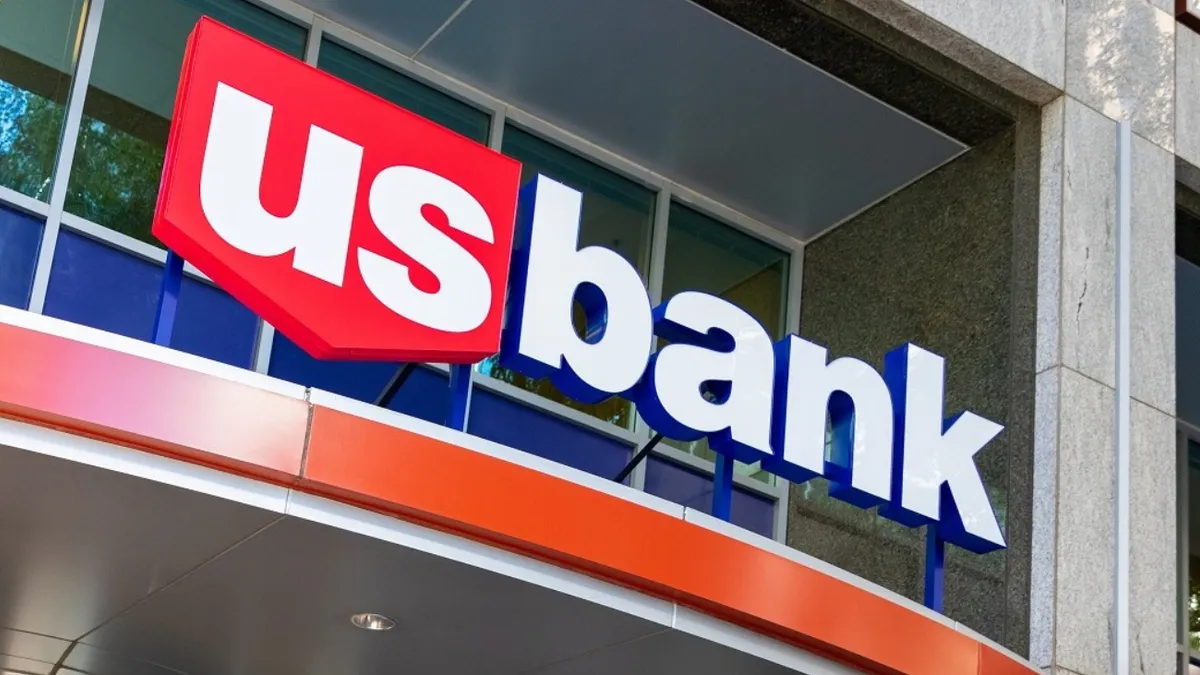When it comes to B2B accounts payable and accounts receivable processes, AR is often viewed as the laggard in the finance automation race.
“It’s sad to say, but I’ve been in this industry for almost 30 years and almost 40% of collections that our suppliers who are customers have to manage are still in paper form,” Alberto Casas, head of product for U.S. Bank Global Treasury Management, said in a recent interview.
Along with the slow shift away from paper checks in business-to-business payments, vendors also have little control over the technologies and processes that their buyers use to pay invoices. They are largely dependent on their buyers’ level of sophistication and tech structure, which creates a very different and more challenging proposition than payments, he said. On the payments side, businesses are effectively in control, deciding who to pay, how to pay and when to pay, Casas said.
But in a new partnership with Billtrust, the Minneapolis-based bank is looking to help businesses, largely vendors, speed the AR process through automation and digitization. It is positioning the new platform as a way for CFOs and treasurers to improve their working capital positions by accelerating the collections process.
“The difference between that paper process which could take 60 days to collect and the digital process which could take 40 days, on a $20 million order, is significant,” Casas said.
U.S. Bank is now rolling out an end-to-end accounts receivable platform called Advanced Receivables that aims to modernize and automate invoicing, payments, cash applications and collections. After launching a pilot program to a “handful” of companies this year, the bank is targeting B2B suppliers in such industries as tech, transportation and home building, he said.
Through the partnership, the bank is looking to leverage the experience and offerings of Billtrust, a B2B AR automation and integrated payments provider. The Hamilton, New Jersey-based company already has connections to more than 200 AP platforms that U.S. Bank’s new platform can tap into, he said.
“Money doesn’t always travel with information and there’s a complex reconciliation required,” Casas said, noting that Billtrust warehouses data and can automatically apply the funds in the supplier’s AR systems. “No matter what format the information comes in, whether it’s an email, fax or paper invoice, we’re able to simplify that and reduce the friction and manual intervention that is required.”
The new system follows several years after the bank offered AP Optimizer, which allowed companies to automate invoice receipts and payment disbursements, and the bank also previously offered some AR services. The offerings won’t automatically be provided to commercial customers who use its digital portal SinglePoint and customers will be charged fees for the service.
And if the bank gets an RFP for collection services, it will seize on the opportunity and bid on the entire process, he said. “We’re the financial institution, we have the bank account, we see all the funds coming into the account,” Casas said. “You put those two pieces together and you’ve got a powerful proposition.”















